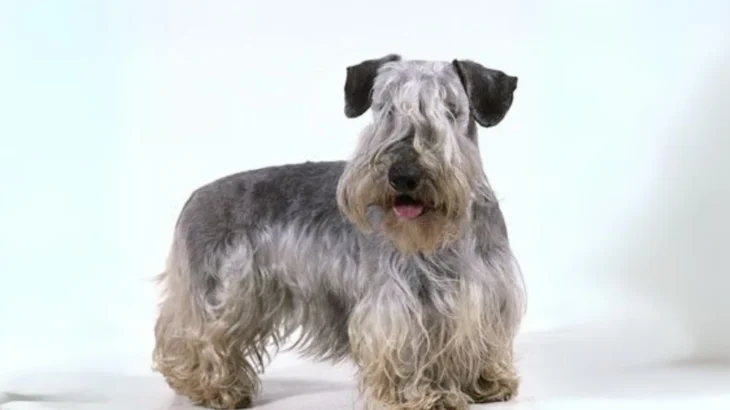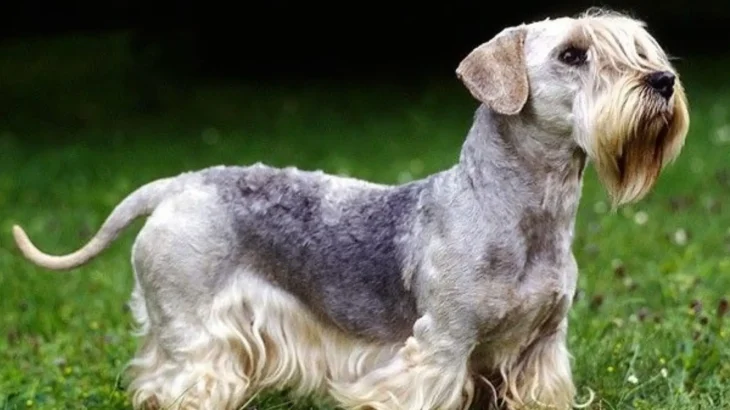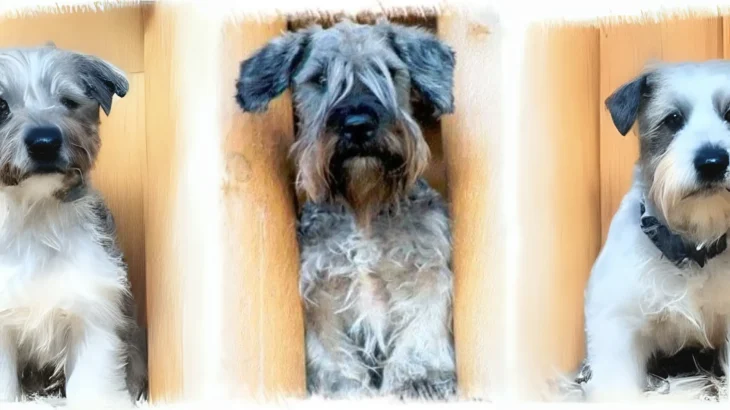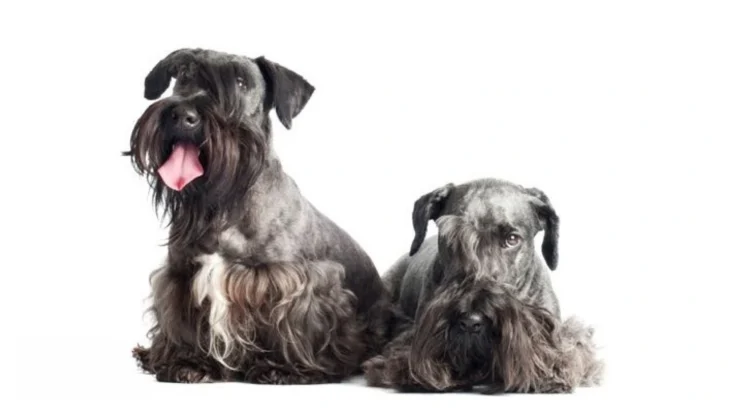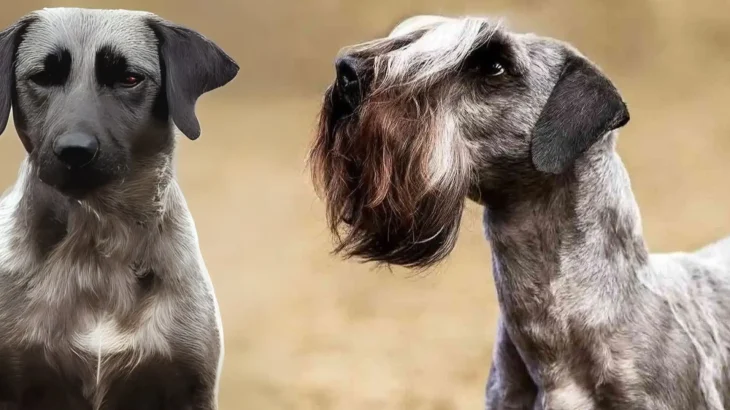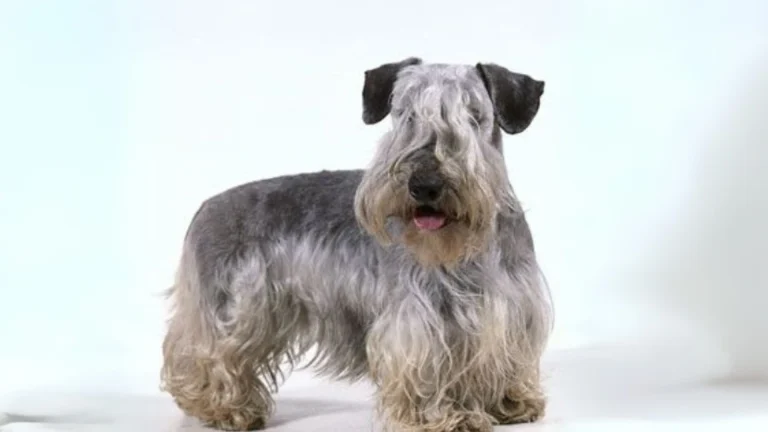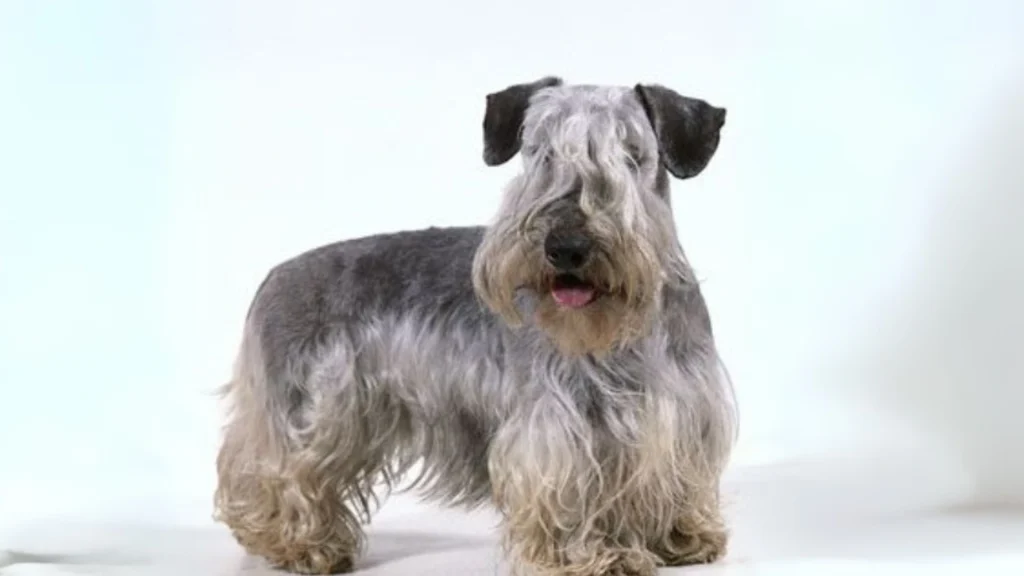Deciding whether to adopt or purchase a Bohemian Terrier puppy depends on your priorities regarding cost, health knowledge, and ethics. Buying from a breeder usually provides clearer information about the puppy's lineage and health, while adopting can be a more affordable way to give a home to a dog in need.
Adoption vs. Breeder: Pros & Cons
| Criteria | Buying from Breeder | Adopting from Shelter/Rescue |
|---|---|---|
| Cost | Usually higher, reflecting purebred status and breeder expenses. | Often lower fees, sometimes including initial vet care. |
| Health History | Detailed health/genetic info from reputable breeders. | Health history may be incomplete; basic vet checks common. |
| Age Availability | Mostly puppies, allowing early bonding. | Range of ages, including adults and seniors. |
| Temperament Insight | Breeders provide info on lineage temperament traits. | Shelter staff share behavior based on observations. |
| Supporting Practices | Supports breeding programs to maintain breed standards. | Promotes animal welfare by rehoming dogs in need. |
| Ethical Considerations | Choose ethical breeders to avoid puppy mills. | Helps reduce shelter overcrowding and supports rescue efforts. |

